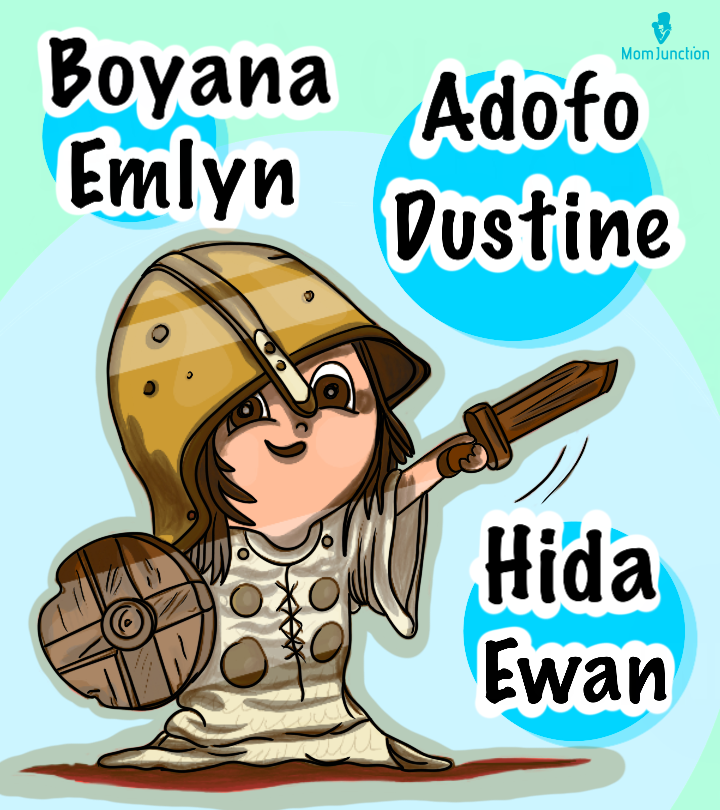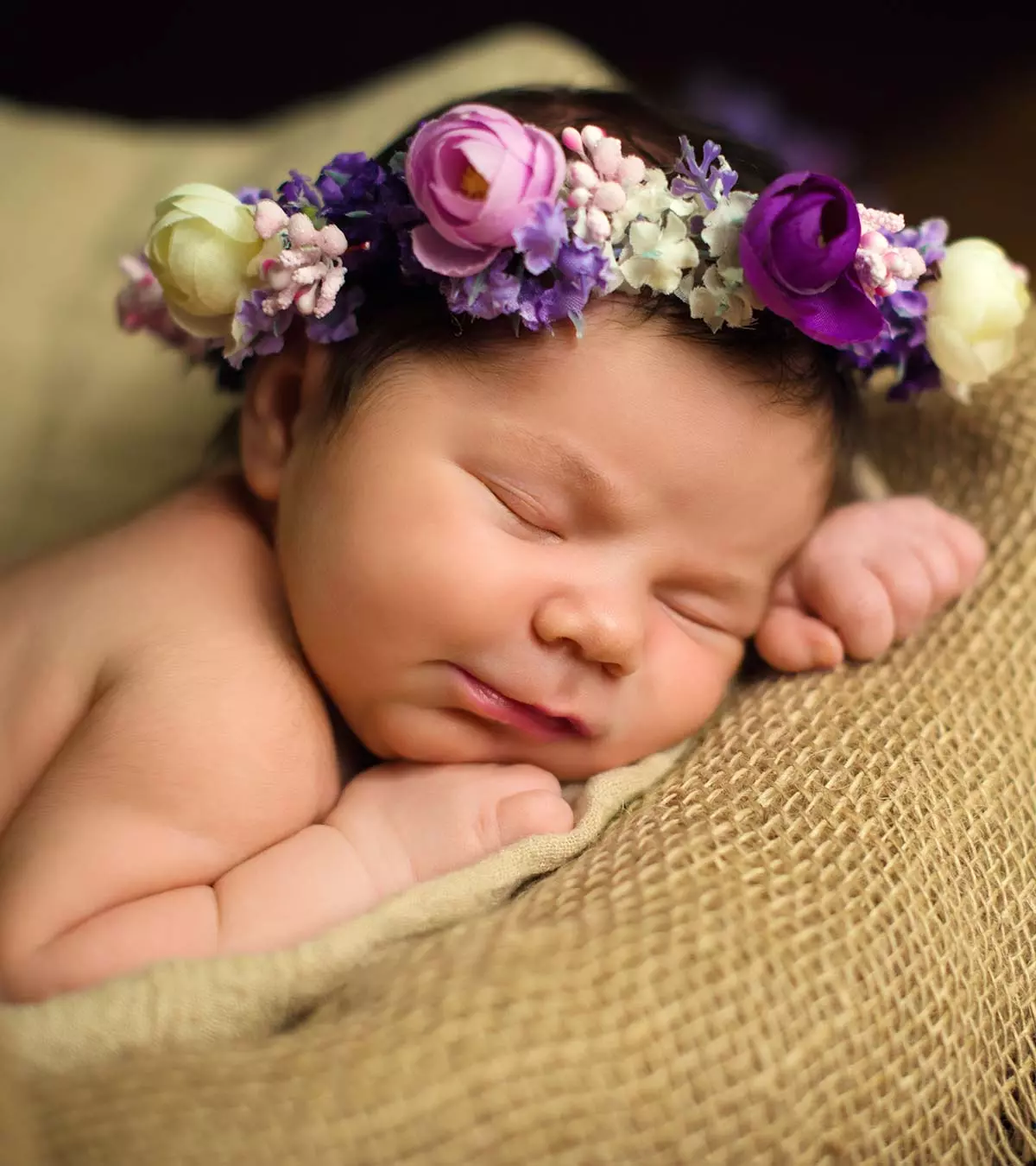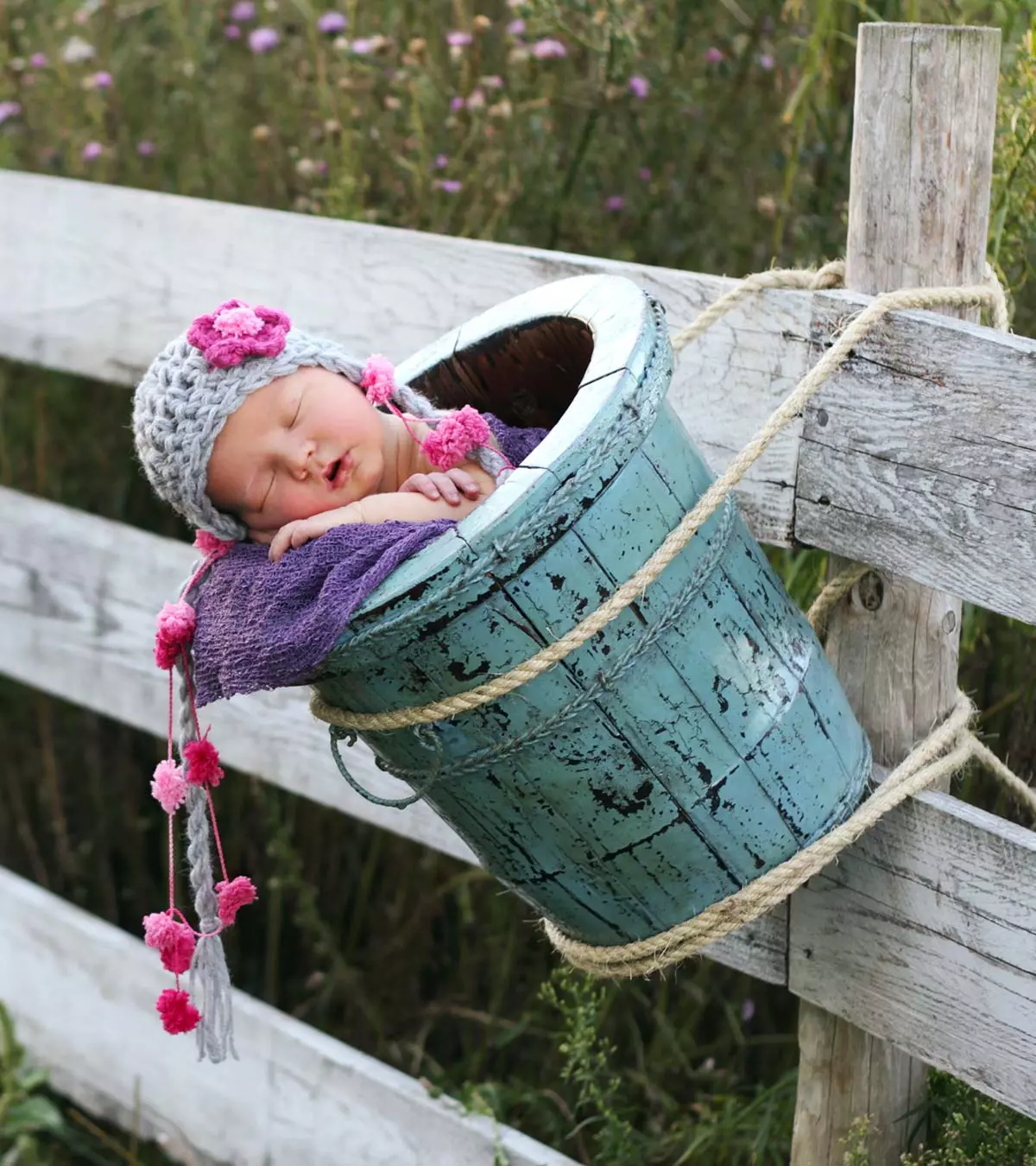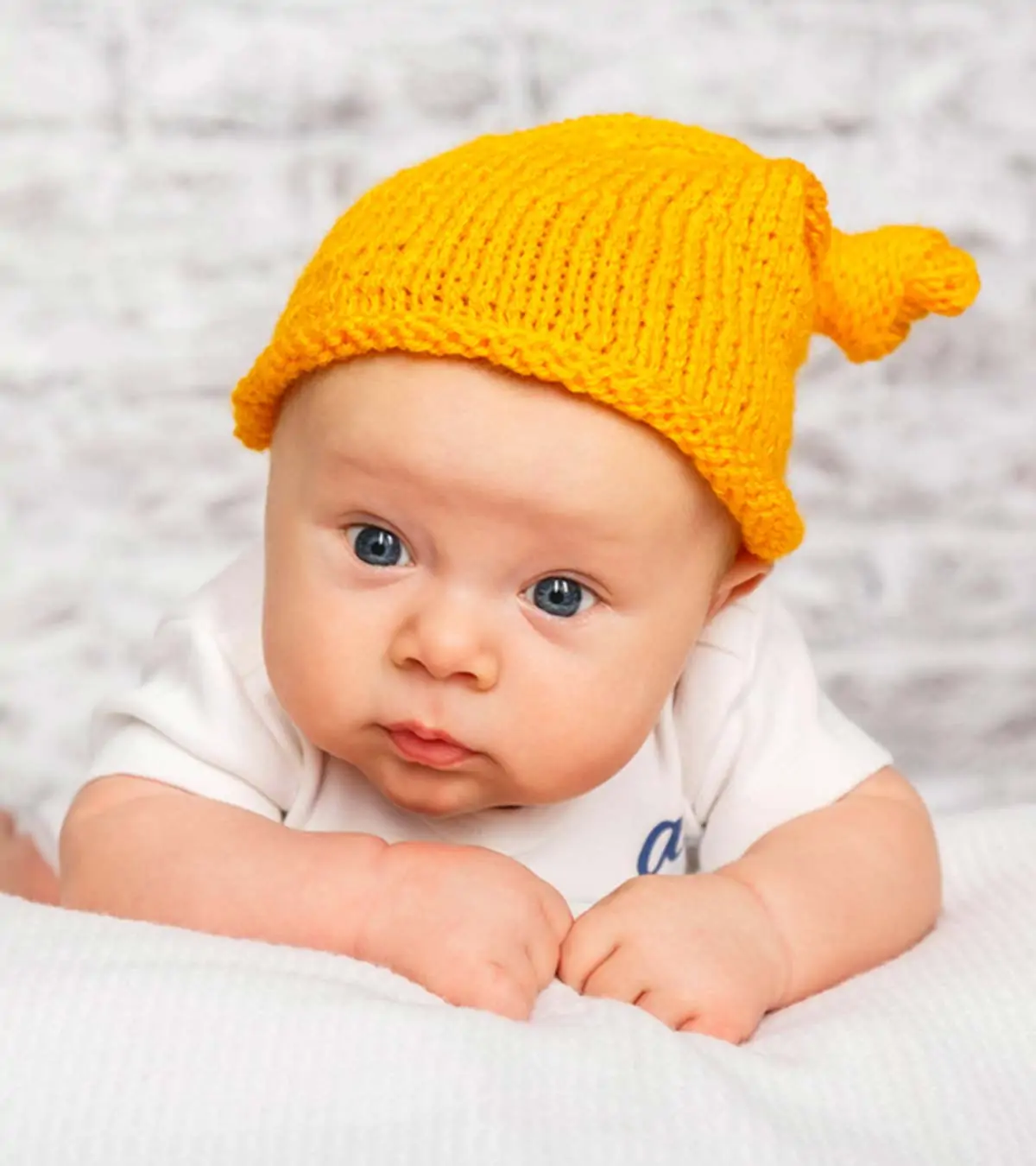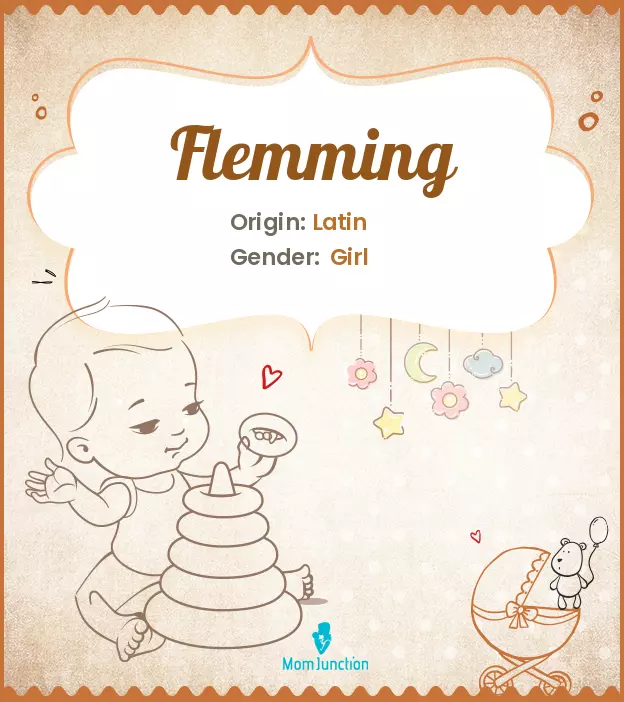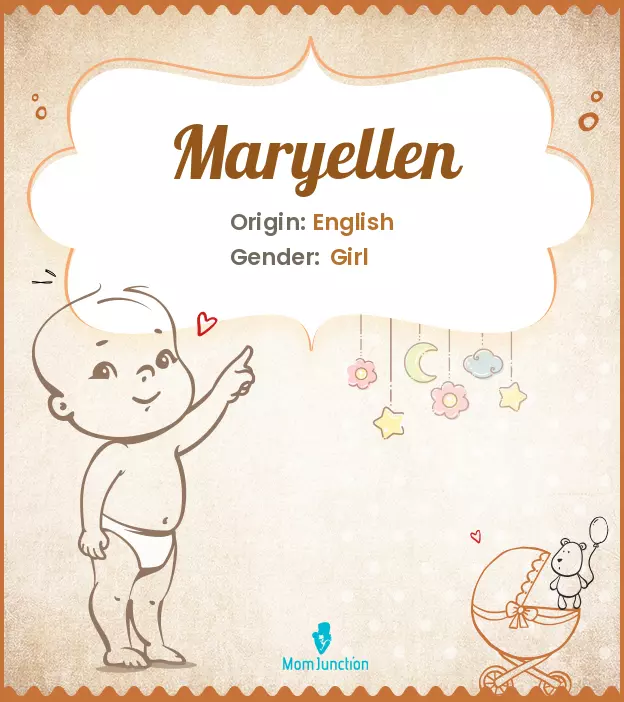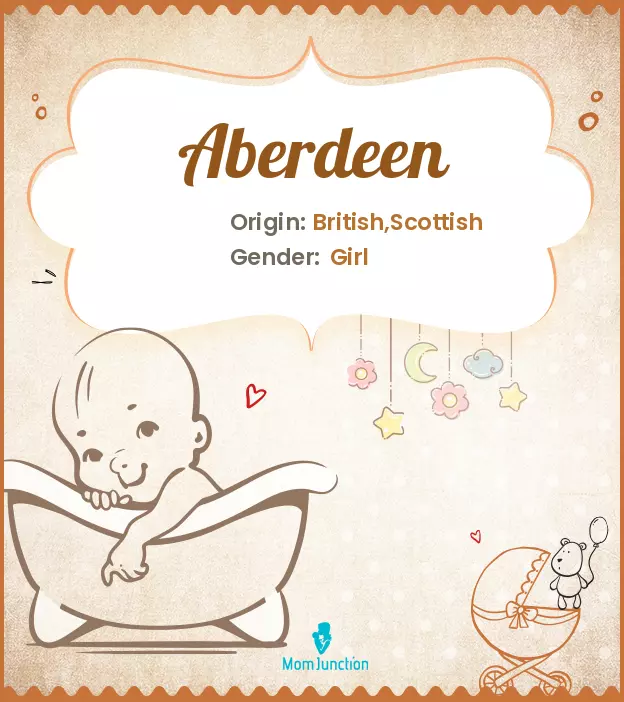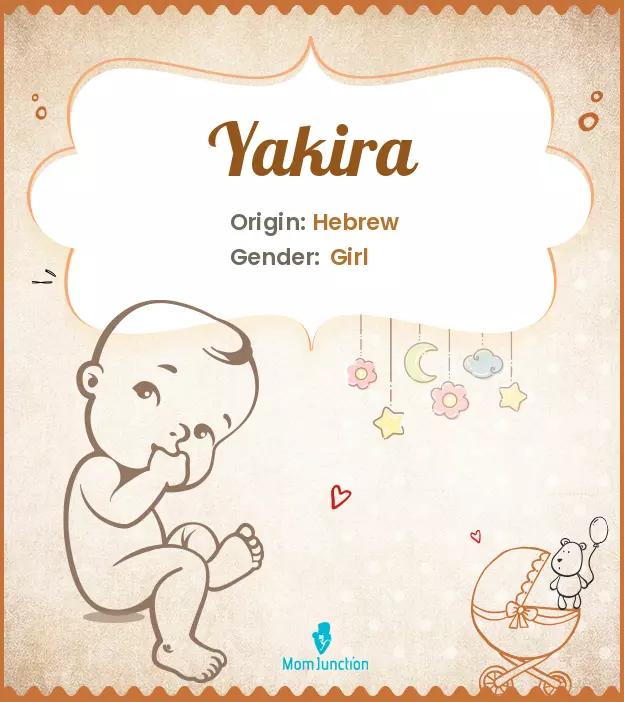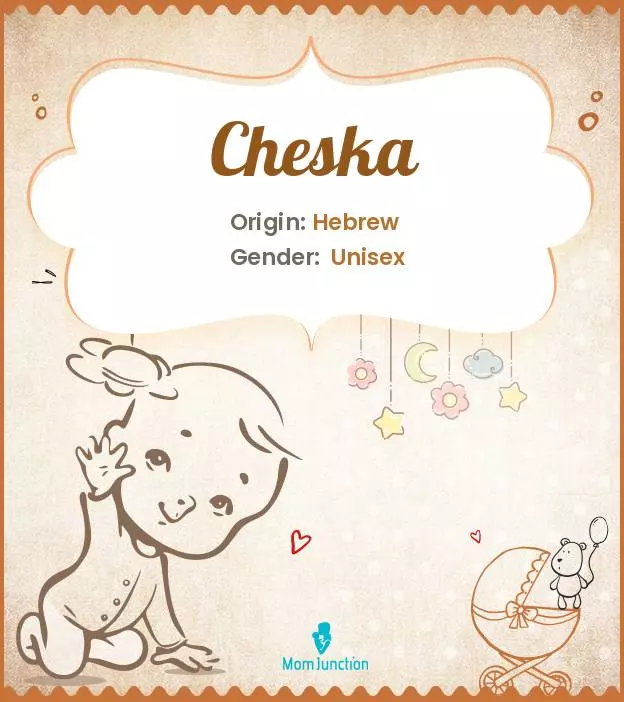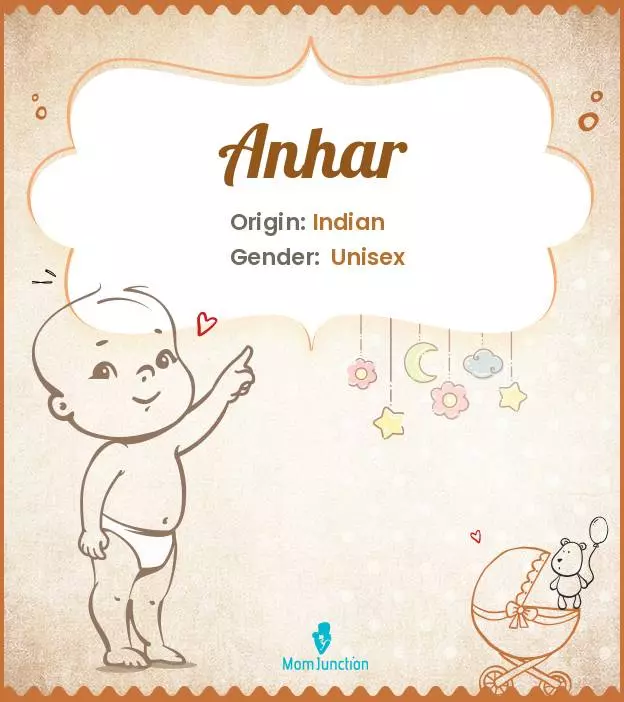
Image: Shutterstock
Bengali surnames have existed for centuries now, with roots tracing back to legends. Most of the popular surnames are believed to have been a title given by a king, while others denote the lineage of an ancient clan.
Some of the surnames have topographic or occupational origins as well. Read on to learn about interesting Bengali surnames and their meanings.
Key Pointers
- Bengali surnames reflect the diversity of Bengali society, covering ancestral names, personal traits, and occupations.
- Some common Bengali surnames are Acharya, Adhikari, Banerjee, and Datta.
- Some Bengali surnames are compound words, like Goswami, Gangopadhyay, and Mukherjee.
List Of Common Bengali Surnames With Meanings
Bengali surnames are diverse, including those derived from occupations and ones derived from the names of places. Many Bengali surnames are also adopted and categorized based on various castes within the Bengali Hindu community, such as Brahmins, Vaishya, and Kshatriya. Take a look at this list of Bengali surnames that are popular in India.
1. Acharjee/Acharya
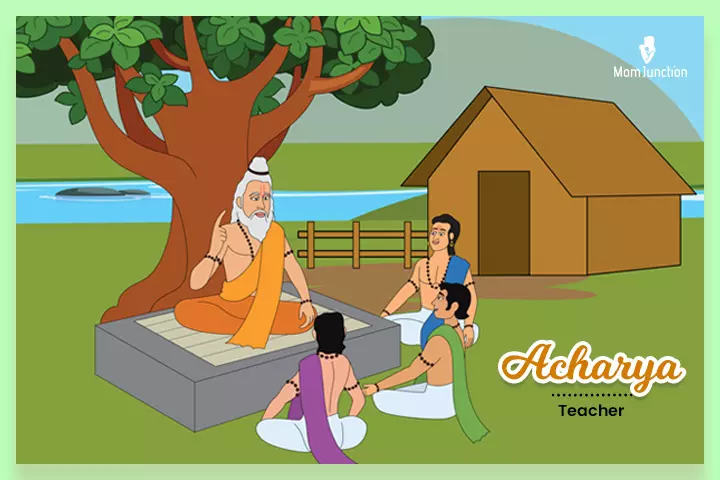
Image: Shutterstock
A common surname among Bengali Brahmins, Acharjee/Acharya, has its origin in the Sanskrit word “acharya,” which refers to a teacher or an instructor.
2. Adhikari
A Bengali surname, Adhikari, is derived from “adhi-kara,” a Sanskrit word which means “right,” or “authority.”
3. Bagchi
Bagchi is a popular Bengali surname common among the “Barendra Bengali brahmins of Sandilya Gotra.” Bagchi probably has a toponymic origin and refers to those who originally were from a village named “Bagcha.”
4. Banerjee/Bandyopadhyay
A popular Bengali surname, Banerjee/Bandyopadhyay, is mostly found among the Bengali Brahmins. The surname Banerjee has its origin from two elements, “Ban,” a diminutive of the Bandoghat village and “jee,” derivative of “jha,” which, again, is a diminutive of “Upadhyaya,” a Sanskrit word meaning “a teacher/priest.” Thus, the surname, Banerjee/Bandyopadhyay refers, to “a teacher/priest from the Bandoghat village.”
5. Barman/Burman
A common Bengali surname, Barman/Burman, has its origin in “Varman,” a Sanskrit word meaning “armor.”
6. Basak
The surname is considered common among Bengali Vaishya, Kshatriya, Tantubais, and Karmakars. The people with this surname are believed to be the original inhabitants of Sutanuti, one of the three villages merged to form the city of Kolkata.
7. Bhaduri
The surname Bhaduri has a toponymic origin, and refers to individuals who originally belonged to the Bhadur village in the Bangaon district of West Bengal.”
8. Bhattacharjee/Bhattacharya
The surname Bhattacharjee/Bhattacharya originates from the words “Bhatta,” meaning a “learned man or a Vedic priest” and “jee” which is indicative of a teacher. Bhattacharjee/Bhattacharya, was, thus, a title referring to “Bengali Brahmins who performed sacred rituals.”
9. Bhowmick/Bhowmik
It comes from the “Bhumi,” a Sanskrit word which means “Earth or soil.” The surname was likely a title given to landlords or anyone who owned a significant piece of land.
10. Biswas
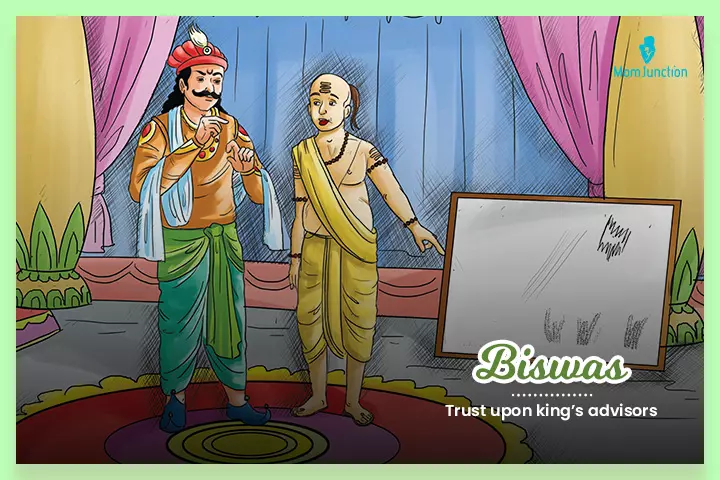
Image: Shutterstock
It comes from the word “biswas/viswas,” which means “trust.” The surname is an adopted one and was likely a title conferred upon those who performed administrative work for the king.
11. Bose/Basu
The surname Bose/Basu is derived from “Vasu,” a Sanskrit word referring to “Lord Vishnu.” The word Vasu also means “radiance” or “gem.”
 Trivia
Trivia12. Chakraborty/Chakrabarti
The surname is formed from the Sanskrit elements, “Cakra,” meaning “wheel” and “vart,” which means “to roll.” The surname Chakraborty, may metaphorically refer to “a ruler whose chariot wheels roll everywhere without any obstructions.” Chakraborty is a common surname among the Bengali Brahmins and Kshatriya.
13. Chandra
A surname popular among the Bengali Kayastha community, “Chandra” is the Sanskrit word for “the Moon.”
14. Chatterjee/Chattopadhyay
It is a common and popular surname among Bengali Brahmins. Chatterjee/Chattopadhyay has its origin from the elements “Chatta,” which refers to the name of a village combined with “jee (from Jha),” a short form of “Upadhyaya,” a Sanskrit word which means “a priest/teacher.” Chatterjee/Chattopadhyay, thus, refers to “a teacher/priest hailing from the Chatta village.”
15. Das
A Bengali surname common among the Mahishya community, Das, has its origin from “Dasa,” which means “a devotee,” or “one who has surrendered to God.”
16. Dasgupta
Common among the Bengali Baidya, the surname Dasgupta is an amalgamation of “Das,” and “Gupta.” Individuals with this surname were believed to be “Brahmins who practiced Ayurveda, an ancient Indian medicine form.”
17. Datta/Dutta (Not to be confused with Dutt)

Image: Shutterstock
A common Bengali surname among the Bengali Kayasthas, Datta/Dutta, is derived from “Datta,” a Sanskrit word which means “a gift.”
18. De/Dey
The surname De/Dey originates from “Deva/Dey,” “the name of a Hindu Dynasty, which ruled over Eastern Bengal (with Bikrampur as their capital).” The surname is now common among the Bengali Kayasthas.
19. Debnath
The Bengali surname Debnath originates from the amalgamation of two surnames, “Deb (Deva),” which means “God,” and “Nath (natha),” which means “protector/owner.”
20. Dhar
The Bengali surname Dhar probably has its origin from “Dhar,” a word which, in Bengali, means “credit.” People with the “Dhar” surname were mostly zamindars or landowners.
21. Ganguly/Gangopadhyay
It is a surname common among the Bengali Kanyakubja Brahmin caste. Ganguly/Gangopadhyay, probably refers to “teachers from the Gangul Village.” The name Gangopadhyay (Ganga + Upadhyay), may also be indicative of “teachers/instructors from the Ganges (during the Vedic period).”
22. Ghatak
The surname Ghatak probably has an occupational origin, referring to “matchmakers,” or “individuals who served as the middleman between two prospective groups in a marriage.”
23. Ghosh
The surname Ghosh is common among the Kulin Kayasthas. Ghosh is also common among the “Sadgop caste (cowherd).” The surname probably has its origin from “go,” a Sanskrit word meaning “cattle or cow.” The surname Ghosh thus refers to “a milkman or a cow herder.”
24. Ghoshal
A popular Bengali Brahmin surname, Ghoshal, is likely derived from the surname “Ghosh,” which means a “cow-herder” or a “milkman.”
25. Goswami
The Bengali surname Goswami originated from the amalgamation of two words “go,” a Sanskrit word for “cattle,” and “swami,” meaning “lord” or “master.”
26. Guha
It is a common surname among Kulin Kayasthas (Kashyapa Gotra). The surname Guha has its origin from “Guha,” a Sanskrit word meaning “a cave” or “mind.” The name “Guha” is also one of the many names of Lord Kartikayein.
27. Kar
The Bengali surname Kar (not to be confused with the suffix “kar,” used in Marathi surnames), probably has its origin from “kara,” a Sanskrit word which either means “a hand” or a “doer.”
28. Karmakar
The Karmakar surname has an occupational origin, mainly representing “blacksmiths or goldsmiths.” The surname Karmakar has its origin from “Karma,” a Sanskrit word which means “action” or “deeds.”
29. Lahiri
A surname mostly found among Barendra Brahmins (Sandilya Gotra), Lahiri, has a locational origin, referring to “individuals from Lohori village.”
30. Majhi

Image: Shutterstock
The word is derived from the Bengali word “majhi,” a word meaning “a boatman/oarsman.” The surname Majhi probably has an occupational origin, referring to a boatman.
31. Majumdar
A Bengali surname, Majumdar, is derived from “Majmua,” an Arabic word meaning “collection” and the “dar,” suffix, which refers to a “keeper” or “possessor.” The surname Majumdar, thus, refers to “an archivist” or “keeper of records.”
 Trivia
Trivia32. Malakar
The surname Malakar has its origin from the words “Mala,” meaning, “garland” combined with “akar,” a word which means “shape.” The surname Malakar, thus, probably has an occupational origin, referring to individuals made garlands or those who were artisans.
33. Mallick
A common Bengali surname, Mallick, probably has its origin from the word “Malik,” which means a “king” or “lord.”
34. Mandal/Mondol
A Bengali surname, Mandal/Mondol, has its origin from “maṇḍala,” a Sanskrit word which means “circular” or “halo.” The surname may also have its origin from the word “Morol,” which refers to a “village headman.”
35. Moitra/Maitra
A “Bengali Brahmin” surname, Moitra or Maitra likely has a toponymic origin and refers to Brahmins, who originally came from a village named Maitreya.
36. Mukherjee/Mukhopadhyay
The surname Mukherjee/Mukhopadhyay comes from the words “Mukh,” which probably is derived from a place called “Mukhati,” and “Jee,” which refers to a “priest/teacher.” The surname thus refers to a “priest/teacher from Mukhati.” The element “Mukh,” could also have its origin from the word “Mukhya,” which means “chief” or “principal.”
37. Nath
The surname Nath, is derived from “natha,” a Sanskrit word which refers to “an owner/protector.”
38. Pal
It is derived from “pala,” a Sanskrit word which means “a keeper” or “a protector.” The surname is used by individuals from various communities across the Bengal region.
39. Pramanik
A surname common in West Bengal, Pramanaik, has its origin in the Sanskrit word “pramanik,” a word which means “credible” or “genuine.”
40. Roy
A common surname among Bengali Kayasthas, the surname Roy is derived from “raja,” a Sanskrit word, which means “king” or “sovereign.”
41. Roy Chowdhury
An ornamental or adopted surname, “Roy Chowdhury,” is an honorific title often conferred on zamindars or landlords. The title was quite commonly conferred by the British government during the early 18th century.
42. Saha/Shaha
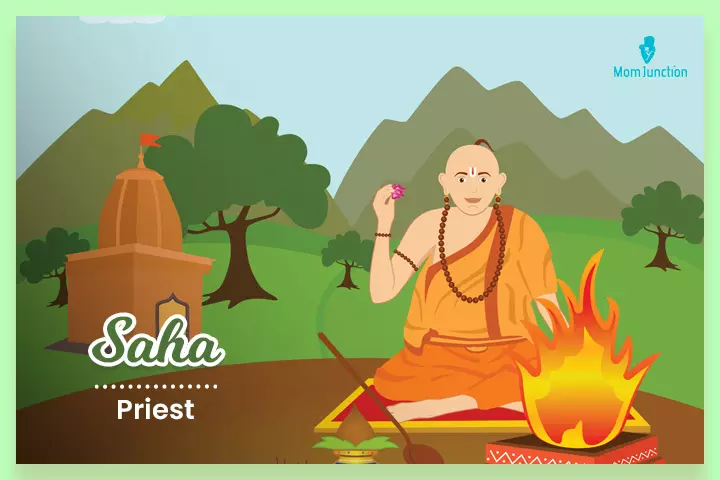
Image: Shutterstock
It is derived from the word “saha,” a Sanskrit word meaning “priest.” The surname Saha also means “merchant” or “honest.”
43. Sanyal
A surname common among Barendra Brahmins (Vatsa Gotra), Sanyal, might have a locational origin, indicative of “people from Senlal village.”
44. Sarkar
The surname Sarkar was initially a title given to revenue collectors and landlords during the Mughal era. However, with time, many people started adopting this title as a surname.
45. Seal/Sill
It is derived from the word “Sil” which likely means “to be devoted.” The spelling “Seal” is the Anglicized version of the original surname “Sil” or “Sill.”
46. Sen
A surname common among the Baidya and Kayastha Bengali communities, Sen, has its origin from “Sena,” a Sanskrit word meaning “armament” or “army.”
47. Sengupta
It is formed by the amalgamation of “Sen,” and “Gupta,” who were practitioners of Ayurveda. The surname was likely used by a subgroup of those with Sen surname.
48. Sikdar
The surname Sikdar means “one who owns a quarter of land (Sikki).” Sikdar was also an honorific title conferred upon “people who collected the land revenue.”
49. Sur
The Bengali surname Sur has its origin from a nickname derived from “sura,” a Sanskrit word which means “brave.”
50. Tagore
The surname Tagore is a knighthood or a “feudal title,” generally referring to landlords. The Tagore surname has its origin from the word “Thakur,” which means “God,” or a “chief” or a “man of high rank.”
Discover More Names
When you have to choose a name for your baby, a few hundreds of names may not be just enough. Keep digging our mine of baby names until you find that one precious gem.
Frequently Asked Questions
1. How have Bengali surnames changed over time?
Bengali surnames have changed over time due to pronunciation variations, and some people have also altered their surnames due to changes in the monarchies ruling the area.
2. What are the variations between Hindu and Muslim Bengali surnames?
Bangladesh is a country where many different cultures are present. Bengali Muslims and Bengali Hindus are the two most common ethnic groups in Bangladesh. Muslim Bengalis frequently choose names with Arabic roots, while Bengali Hindus most often choose Sanskrit surnames.
3. Why do Bengalis have two names?
Bengalis mostly have two names due to the cultural practice of using a ‘Dak Nam’ or nickname within the family and a ‘Bhalo Nam’ or formal name for official purposes.
4. How are Bengali surnames passed down through families?
Bengali surnames are inherited patrilineally, which means the child inherits it from their father. This tradition helps maintain the family lineage and reflects the importance of ancestry and familial ties in Bengali culture.
5. What is the significance of surnames in Bengali culture?
Bengali surnames help identify individuals within their family lineage and depict their ancestral ties and social background. These surnames can denote caste, community, occupation, or geographic origin. They contribute to one’s sense of identity, heritage, and belonging.
6. How do Bengali surnames reflect the diversity of Bengali society?
Bengali surnames include ancestral names, indicating personal characteristics, titles, or caste associations. These surnames also highlight Bengali society’s multicultural nature and occupational diversity, accommodating people from different regions, religions, and social groups.
7. Who are some notable personalities associated with Bengali surnames?
Rabindranath Tagore, Satyajit Ray, Subhas Chandra Bose, Bankim Chandra Chattopadhyay, Raja Ram Mohan Roy, Ishwar Chandra Vidyasagar (Bandopadhyay), Sarojini Naidu, Aparna Sen, and Mamata Banerjee are some notable Bengali personalities.
Bengali surnames are amongst those Indian last names that have always stood out due to their distinctive pronunciation and uniqueness. You may have heard several of these surnames due to them being associated with famous personalities. Many of these surnames have been around for centuries and provide a glimpse into the rich heritage and history of the state of Bengal. This post with Bengali surnames with their vivid meanings will surely add to your knowledge. So expand your knowledge about one of the most widespread communities of India through the list above.
Infographic: Bengali Surnames Or Last Names
Bengali names and surnames are well-known across India since some famous personalities also hold these names. The surnames are mostly representative of the familial traditions, the native language, and the ancestral occupations. The below infographic mentions some traditional Bengali last names to help you know more about the Bengali community. Illustration: Momjunction Design Team
Illustration: Popular Bengali Surnames Or Last Names With Meanings

Image: Stable Diffusion/MomJunction Design Team
Community Experiences
Join the conversation and become a part of our nurturing community! Share your stories, experiences, and insights to connect with fellow parents.
Read full bio of Madhurima Biswas
Read full bio of Shikha Thakur
Read full bio of Anindita Ghatak








